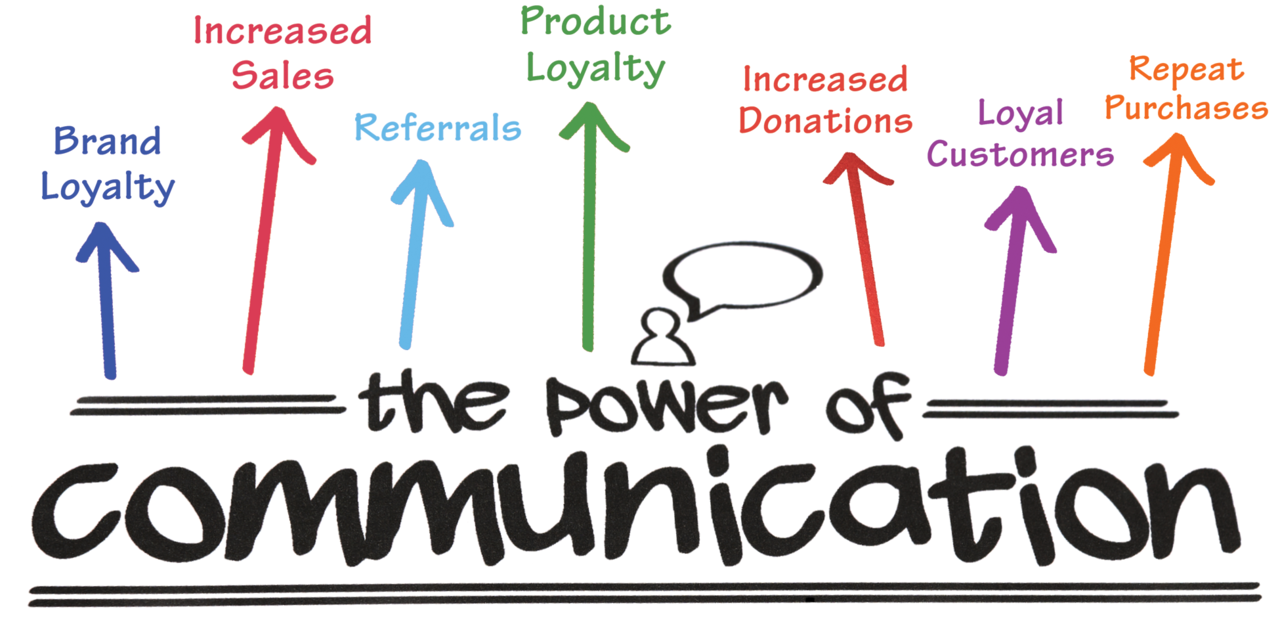Elevating Brands Worldwide: The Power of Language
Language plays a crucial role in global marketing, as it serves as the primary means of communication between businesses and their target audiences. In today’s interconnected world, where businesses operate on a global scale, the ability to effectively communicate in multiple languages is essential for success.
One of the key ways in which language can elevate brands worldwide is through localization. By adapting marketing materials, products, and services to suit the language and cultural nuances of different regions, businesses can effectively reach and engage with their target audiences. This not only helps to build brand awareness but also fosters trust and loyalty among consumers.
Moreover, language has the power to shape perceptions and influence consumer behavior. The use of language in marketing campaigns can evoke emotions, convey brand values, and create a sense of connection with the target audience. By leveraging the power of language, brands can establish a strong brand identity, differentiate themselves from competitors, and drive consumer engagement.
In addition, language plays a critical role in building relationships with customers and stakeholders worldwide. Effective communication in the native language of the target audience can help businesses to connect on a deeper level, build rapport, and foster long-term relationships. This is particularly important in global marketing, where cultural differences and language barriers can impact the success of marketing efforts.

Image Source: licdn.com
Furthermore, language is essential for expanding into new markets and reaching diverse audiences. By communicating in the language of the target market, businesses can effectively engage with consumers, build brand awareness, and drive sales. This not only helps to increase market share but also enables businesses to tap into new opportunities for growth and expansion.
Overall, the power of language in global marketing cannot be underestimated. From localization and brand identity to consumer engagement and market expansion, language plays a critical role in elevating brands worldwide. By understanding the importance of language and communication in global marketing, businesses can effectively reach and engage with their target audiences, build relationships, and drive success on a global scale.
Bridging Cultures Through Effective Communication
In today’s globalized world, effective communication is more important than ever in bridging the gap between different cultures. As companies expand their reach beyond their home countries, they must navigate the complexities of language and cultural differences to successfully connect with consumers worldwide. The critical role of language and communication in global marketing cannot be overstated, as it is the key to building relationships, understanding consumer needs, and ultimately driving business growth.
Language is not just a tool for communication; it is a reflection of culture, values, and identity. When companies take the time to understand the nuances of language in different markets, they show respect for the culture and build trust with consumers. By speaking the language of their target audience, companies can create a deeper connection and resonate more effectively with consumers. This is especially important in global marketing, where a one-size-fits-all approach is rarely successful.
Effective communication goes beyond just speaking the language; it also involves understanding cultural norms, beliefs, and values. By tailoring marketing messages to resonate with the cultural preferences of different markets, companies can build strong relationships with consumers and establish a loyal customer base. In a world where consumers have endless choices, companies that take the time to understand and connect with different cultures will stand out from the competition.
Global marketing requires a high level of cultural intelligence, which is the ability to understand and navigate cultural differences effectively. By investing in cultural training for employees and working with local experts, companies can ensure that their marketing efforts are culturally sensitive and resonate with consumers in different markets. This level of cultural awareness is essential for building trust and credibility with consumers, as well as avoiding cultural misunderstandings that can damage a brand’s reputation.
In addition to language and cultural differences, effective communication in global marketing also involves understanding the preferences and behaviors of consumers in different markets. By conducting market research and gathering insights about consumer behavior, companies can tailor their marketing strategies to meet the specific needs and preferences of each market. This level of customization is essential for connecting with consumers on a personal level and driving engagement and loyalty.
One of the biggest challenges in global marketing is finding the right balance between global consistency and local relevance. While it is important for companies to maintain a consistent brand image and messaging across different markets, they must also be flexible enough to adapt their strategies to meet the unique needs of each market. By striking this balance, companies can build a strong global brand while also engaging with consumers on a local level.
In conclusion, the critical role of language and communication in global marketing cannot be underestimated. By understanding and respecting the language, culture, and preferences of consumers in different markets, companies can build strong relationships, drive business growth, and stand out in a competitive global marketplace. Effective communication is the key to bridging cultures, connecting with consumers, and ultimately achieving success in global marketing.
The Importance of Language and Communication in Global Marketing